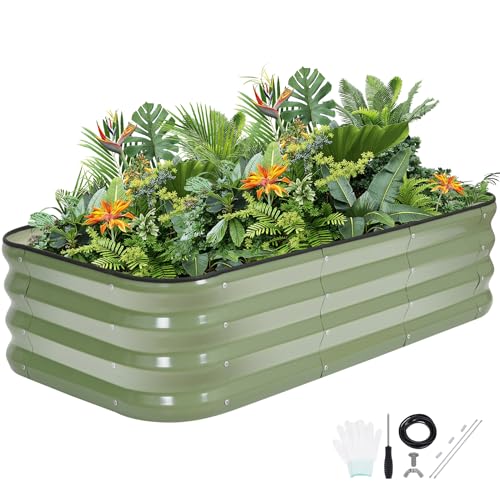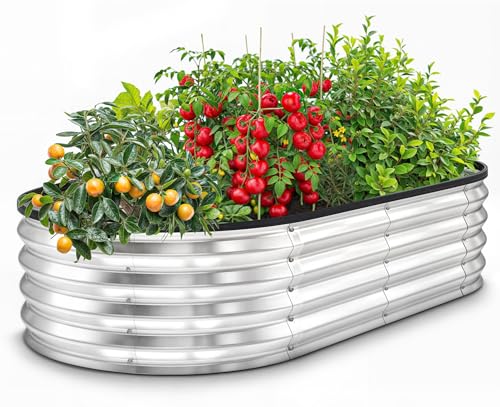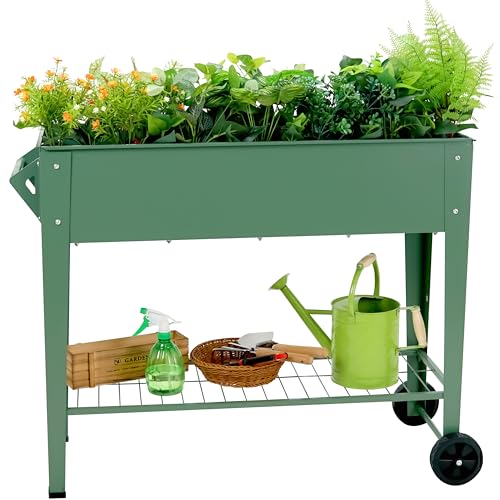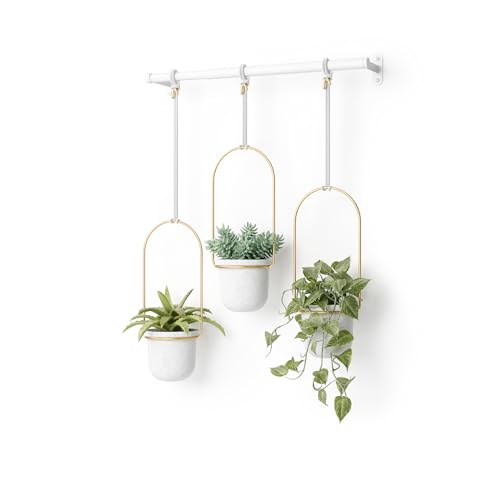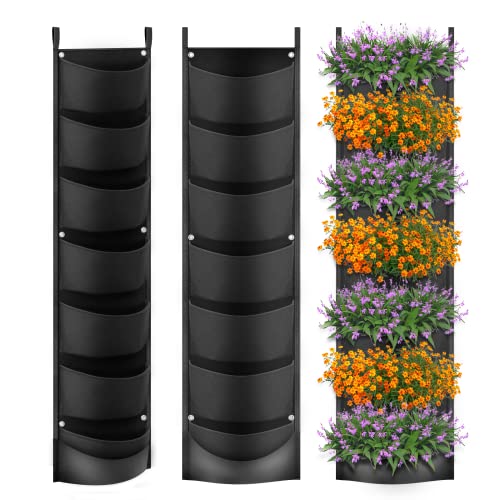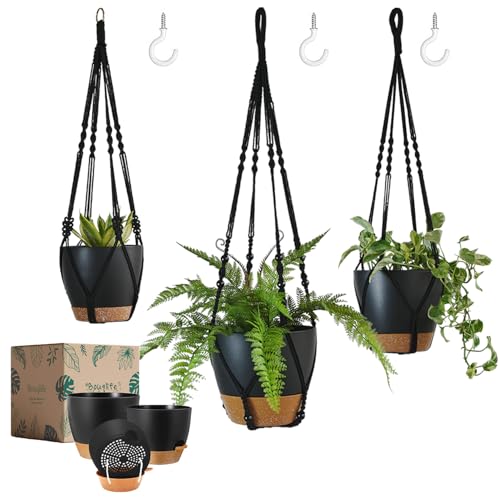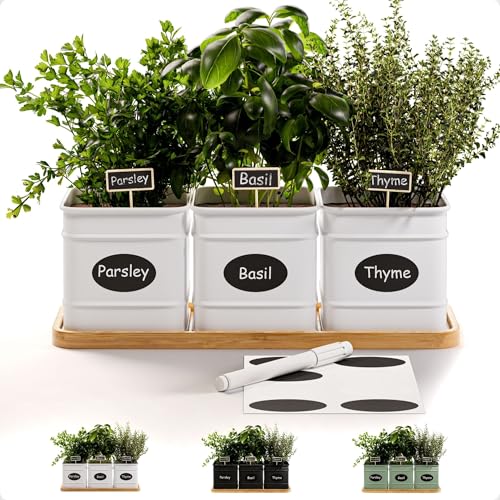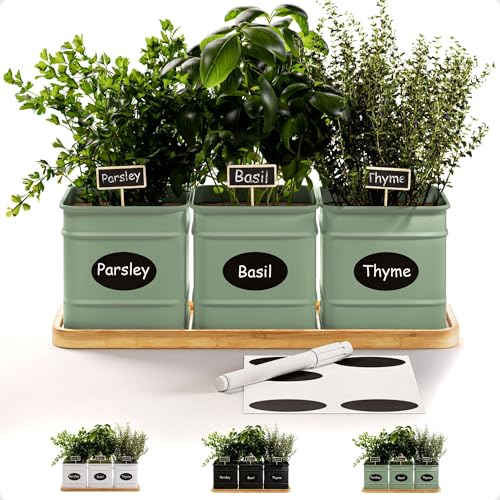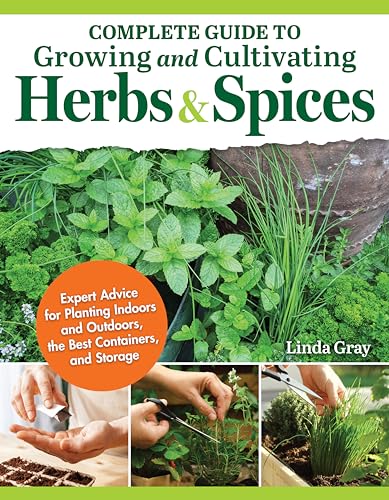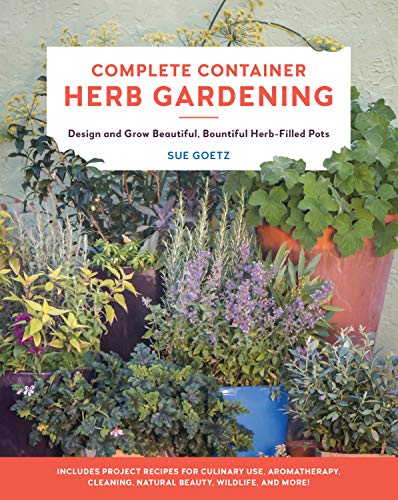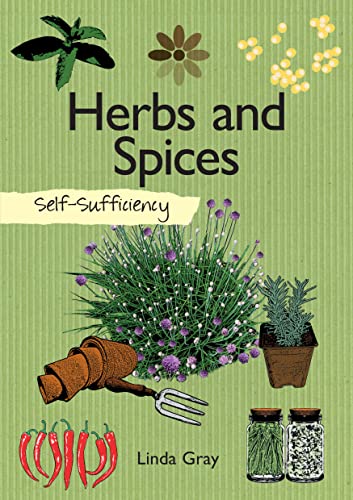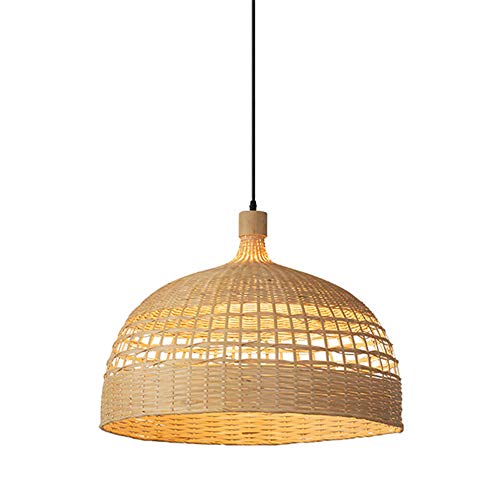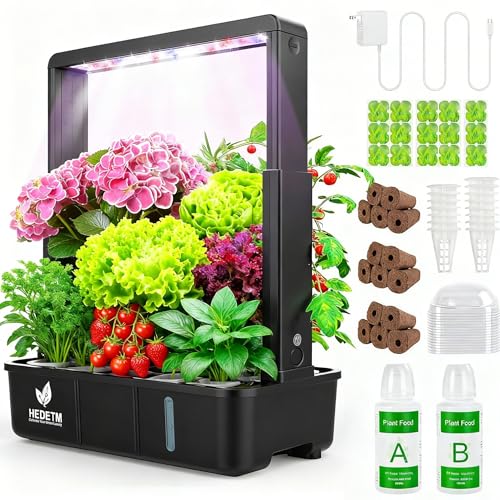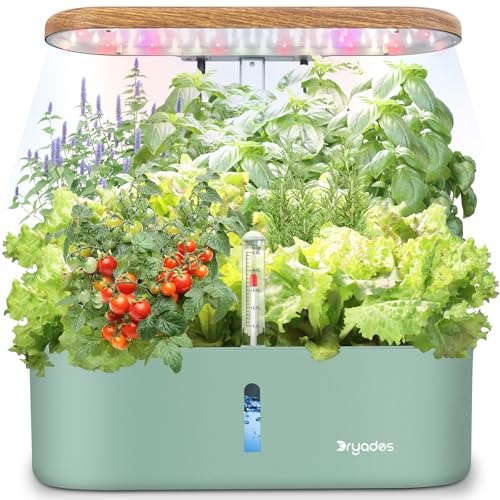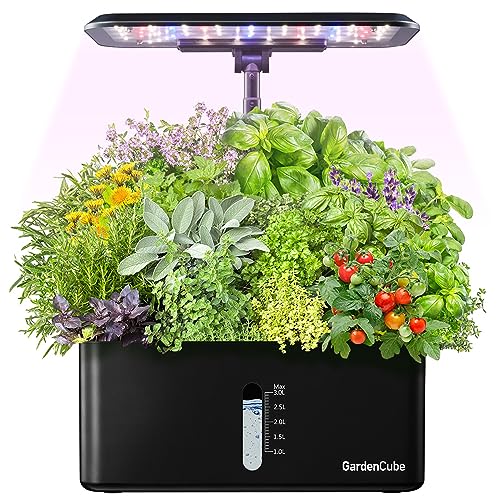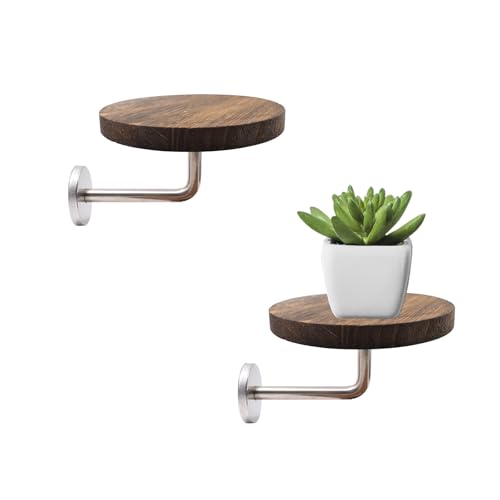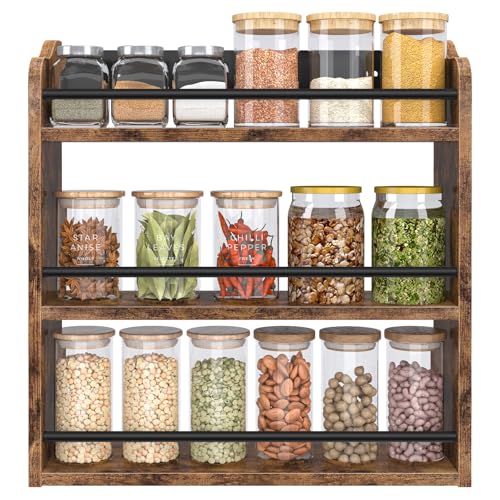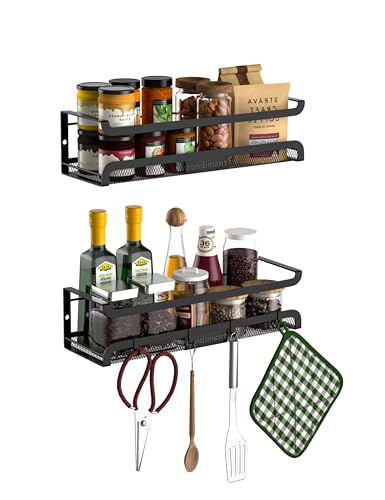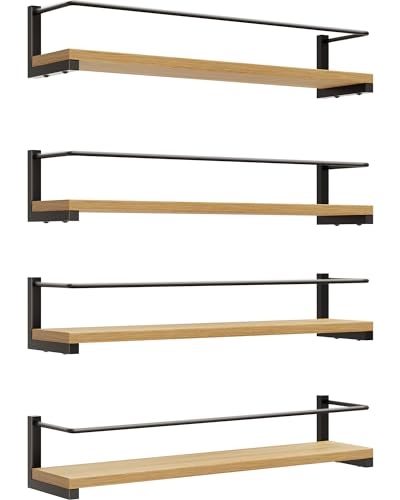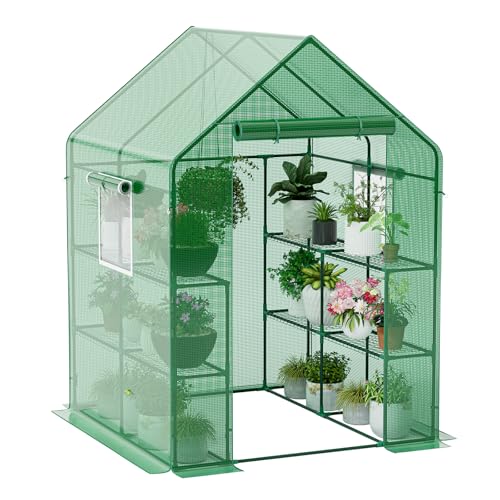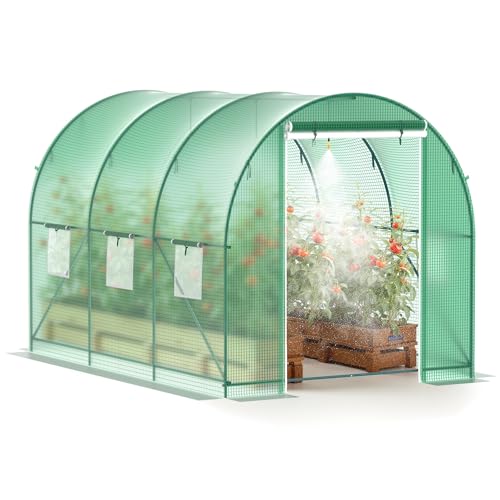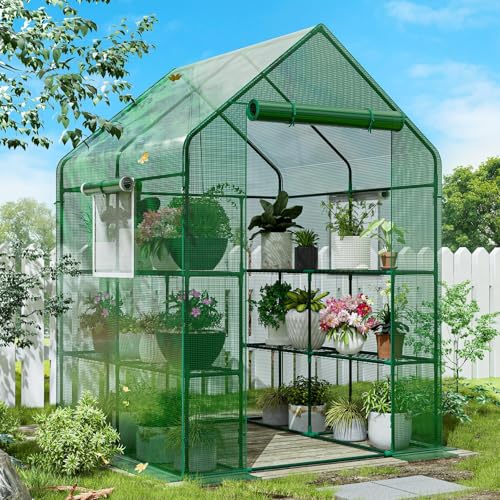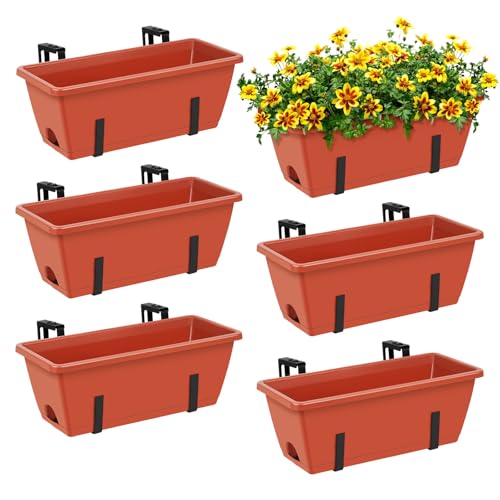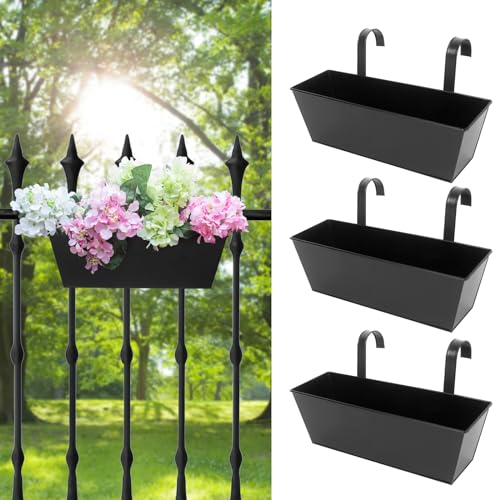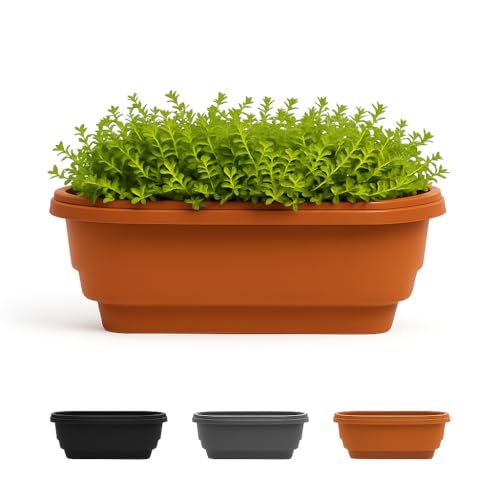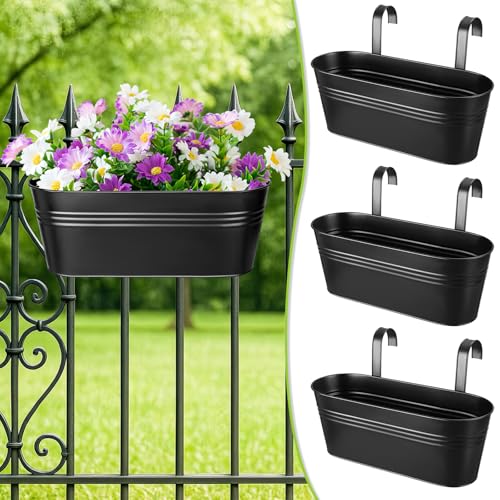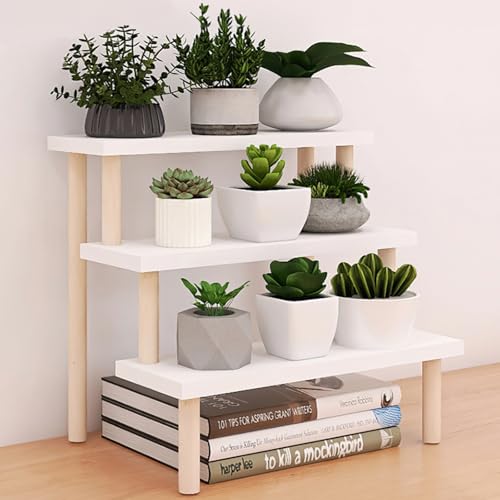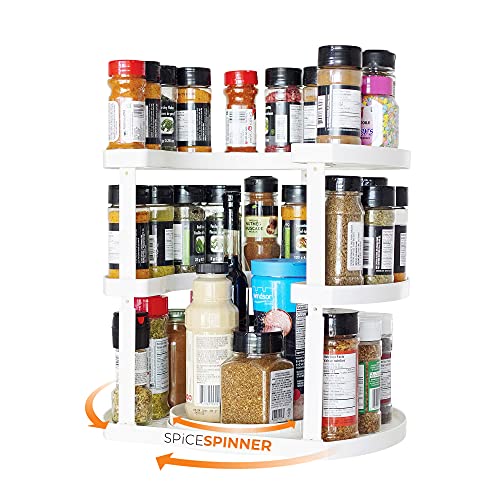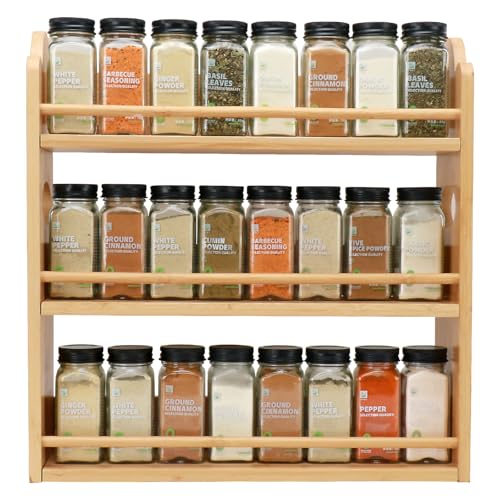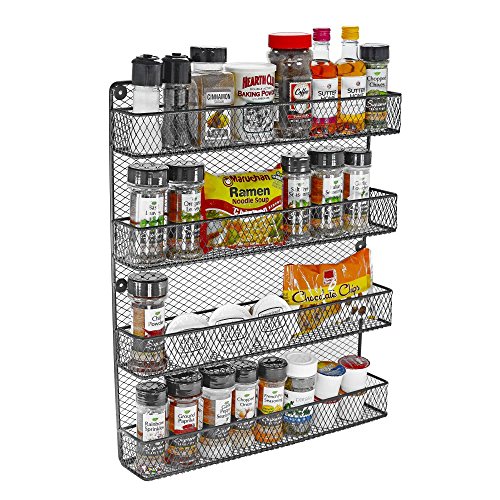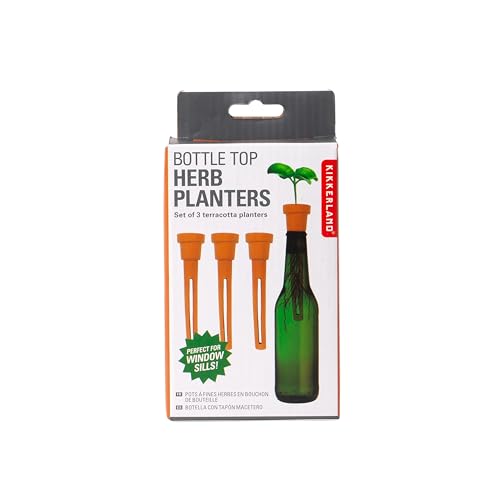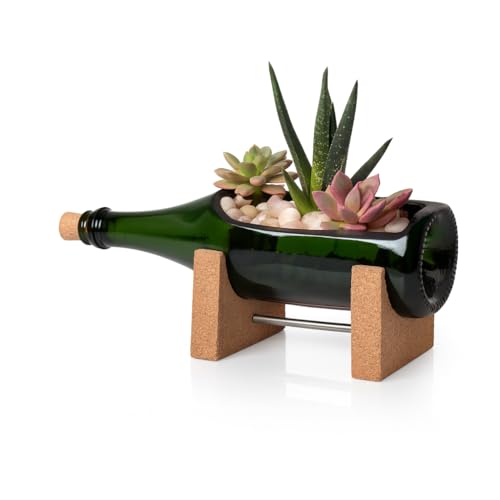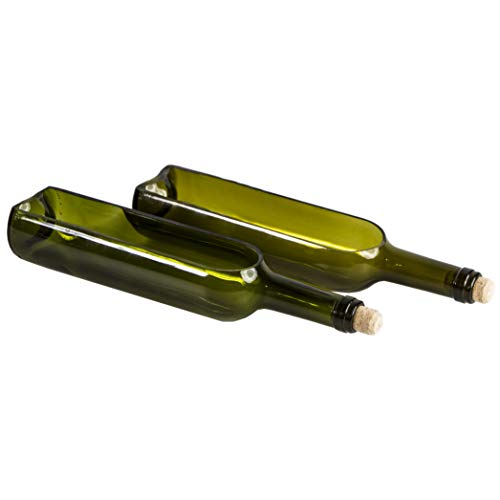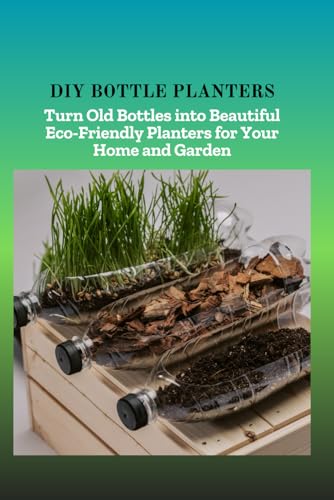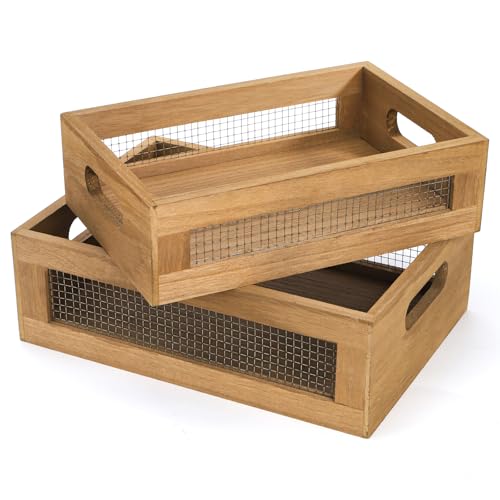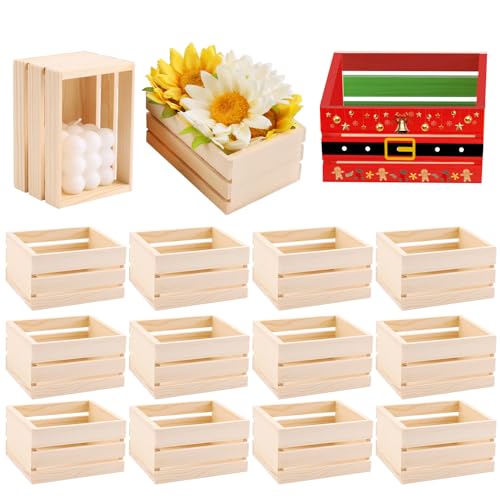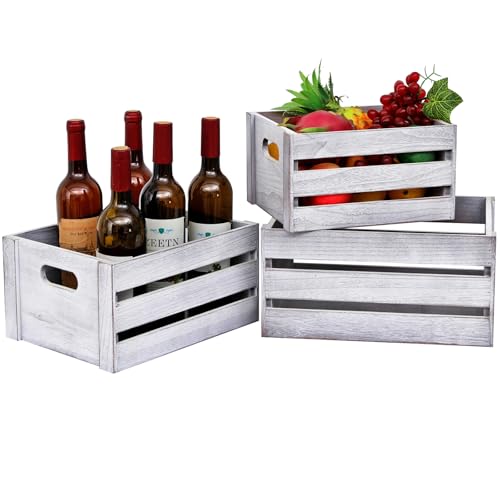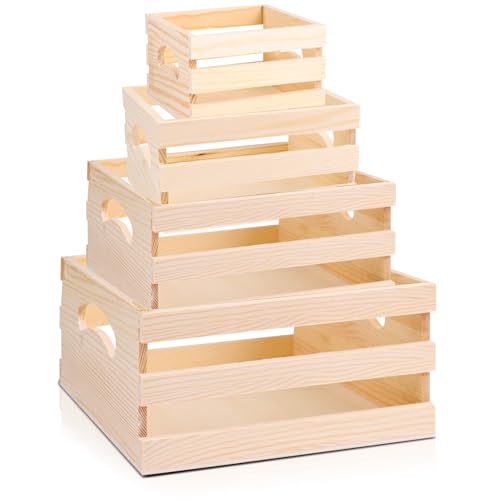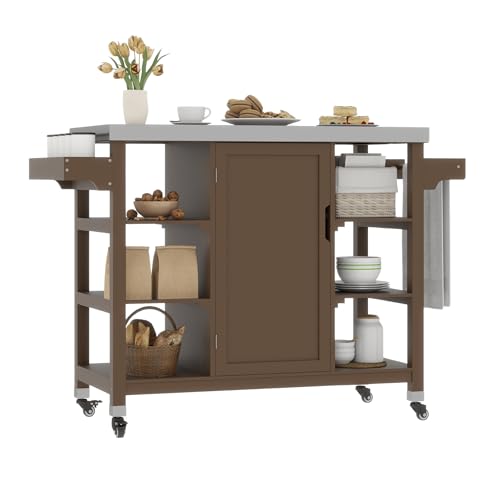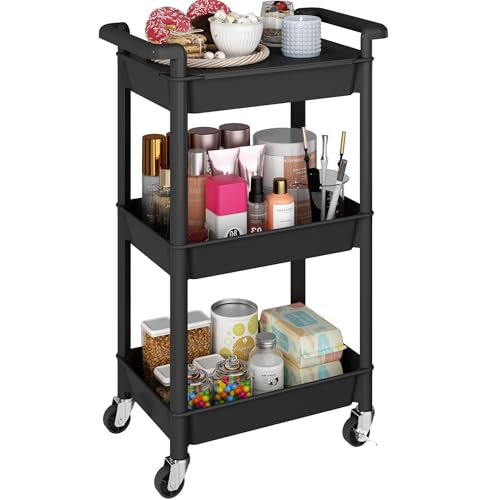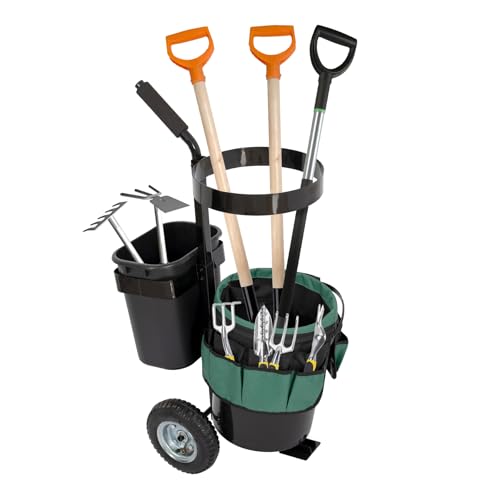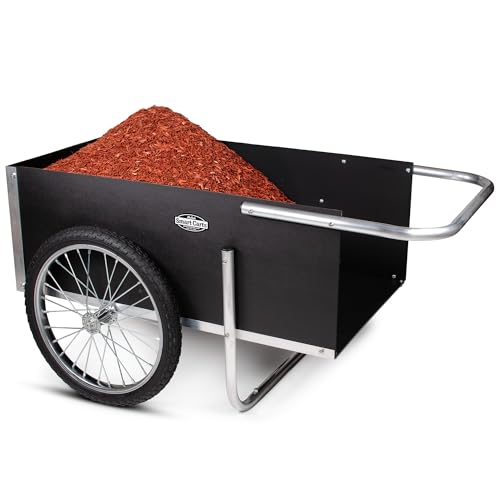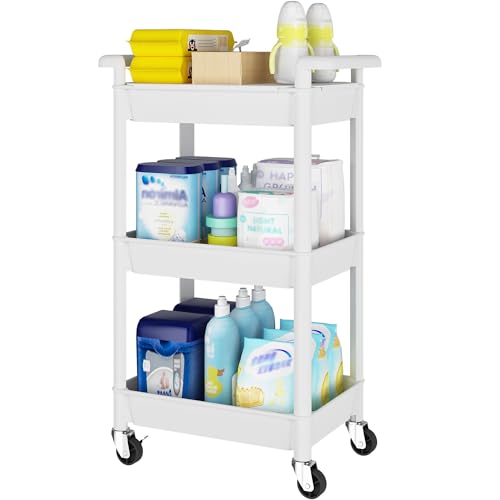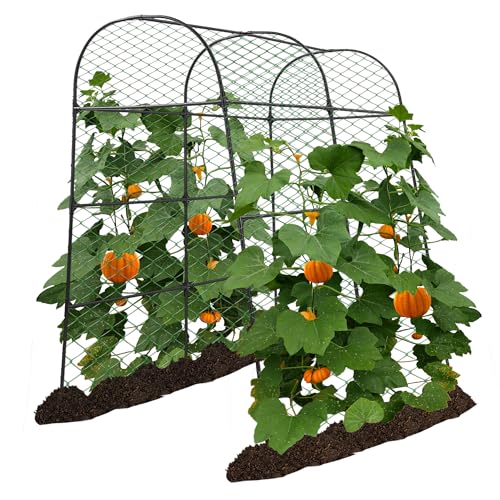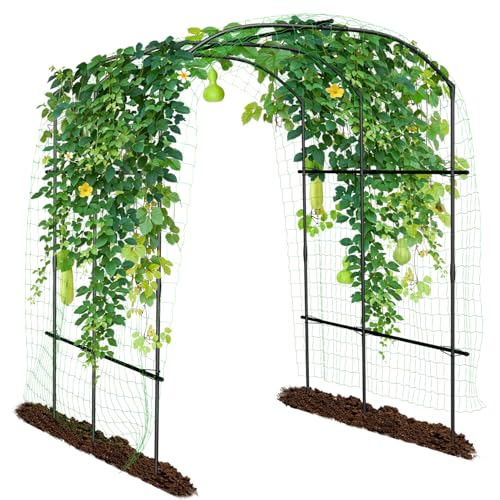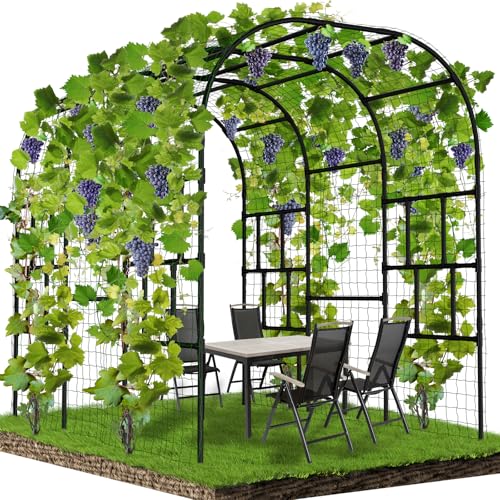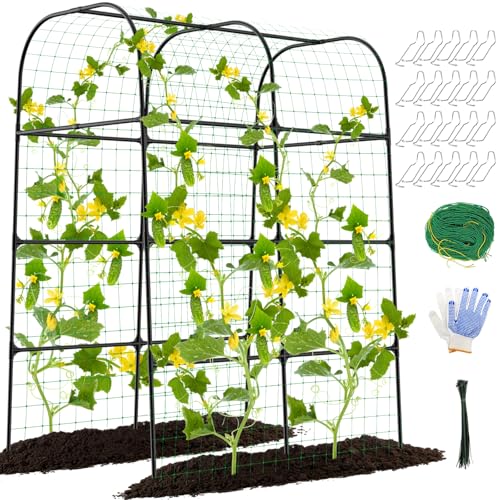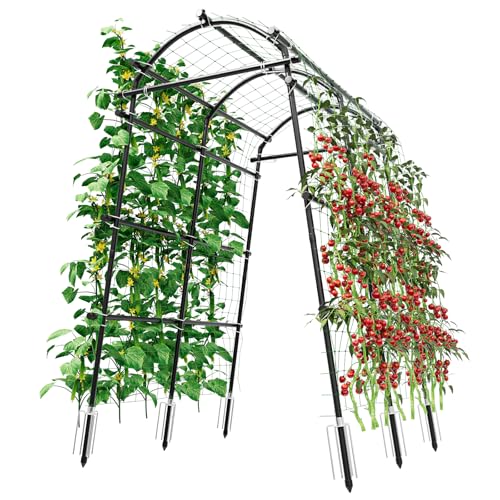Start Your Own Organic Garden Fast And Easy!
Learn to grow fresh veggies and use free organic mulch from your own lawn clippings
👉 Buy Now! Only $2.99Want to grow your own fresh spices but think space or lack of a garden is a problem? You can easily start a simple spice garden whether you have a large yard, a small balcony, or just a sunny windowsill.

With a few straightforward ideas, you’ll bring herbs like basil, chives, or bay leaf into your home for fresh flavor whenever you need it. Growing spices at home is more doable than you might expect.
1. Raised Bed Spice Garden

You can improve spice growing by using raised beds. They help with water drainage and give you more control over the soil quality. This setup works well for spices like turmeric, ginger, and coriander. Weeds are less of a problem, and caring for your plants becomes simpler, making raised beds a solid choice for all skill levels.
2. Hanging Planters for Growing Spices

You can save space by using hanging planters on walls or railings. These work well for spices that spread out, like mint, oregano, and thyme. Hanging your spices also gives your garden or balcony a neat and attractive look while keeping plants organized.
3. Indoor Spice Planter on Your Windowsill

You can easily grow spices like basil, chives, or dill in a small box placed on your windowsill. This setup gives you quick access to fresh herbs when cooking. The natural light by the window helps plants grow year-round. This method saves space while keeping your kitchen stocked with fresh flavors.
4. Growing Spices in Pots

You can easily grow spices like rosemary, sage, or lemongrass in pots. Moving them allows you to place plants where they get the most sunlight or protect them from bad weather. This method works well if your outdoor space is small or if you rent your home.
5. Spiral Herb Circle

You can create a raised spiral garden that holds different kinds of spices in one spot. The spiral shape helps you grow plants needing more water alongside those that prefer dry soil. This setup fits well for spices like basil, parsley, and lavender, keeping your garden neat and easy to manage.
6. Indoor Hydroponic Spice Garden

You can grow spices indoors using hydroponic systems, which don’t require soil. These setups use water efficiently and promote faster spice growth. Herbs like basil, mint, and cilantro do well in this clean and controlled environment, ideal for small spaces or apartments.
7. Wall-Mounted Pallet Planter for Spices

You can turn old pallets into useful wall planters for your spices. These planters help water drain well and save space, making them perfect for small balconies or patios. Grow small herbs like thyme, chervil, and marjoram easily by mounting the pallet on a sunny wall. This setup keeps your garden neat and accessible.
8. Using Your Rooftop for Growing Spices

You can turn your rooftop into a thriving spice garden by taking advantage of the strong sunlight it gets. Spices like turmeric, rosemary, and coriander grow well in this bright, open space. Growing spices on rooftops helps make good use of unused areas in the city.
9. Dedicated Spice Area in a Greenhouse

You can grow spices year-round by setting up a special area inside your greenhouse. This space shields plants from pests and bad weather. It is ideal for spices that need warmth and moisture to grow well. Maintaining these conditions helps your spices stay healthy and productive.
10. Spice Planters for Your Balcony Rail

You can easily grow spices like oregano, thyme, and chives using rail planters that attach to balcony edges. These planters help save space by using your balcony’s vertical area. They also keep plants healthy by allowing good water drainage.
11. Pairing Spices for Better Growth

You can help your spices grow stronger by planting certain ones together. Some spice plants, like basil, work well planted near others, such as tomatoes. This helps keep bugs away and makes the soil healthier. Using this approach lets you get more from your garden and can improve the taste of your spices naturally.
12. Multi-Level Spice Plant Holder

You can save space by using a multi-level plant holder for your spices. This setup lets you arrange plants by their height or how much water they need. For example, place mint on the bottom level and rosemary on top. The design helps keep your spices organized and makes watering easier, especially if you have limited room on a patio or deck.
13. Upcycled Bottle Herb Planters

You can turn old plastic bottles into an affordable way to grow spices at home. Cut and hang the bottles or attach them to a wall to save space with vertical gardens. Herbs like basil, parsley, and thyme thrive well in these simple and eco-friendly containers.
14. Growing Spices Using Wooden Crates

You can use wooden crates to create a flexible spice garden that fits your space. Move the crates easily to catch the best sunlight throughout the day. Line the crates and add proper drainage to grow spices like mint, turmeric, or small garlic bulbs without hassle.
15. Mobile Spice Cart for Your Garden

A spice cart with wheels lets you move your herbs easily to catch sunlight or avoid cold temperatures. You can bring your spices indoors during chilly days and push them outside when the sun is shining. This setup works well if you like changing the layout of your garden or live somewhere with different light patterns throughout the year. It adds both style and convenience to growing your own spices.
16. Growing Spices with a Trellis Arch

You can use a trellis arch to support climbing spices like mint or jasmine. This setup helps plants grow upward, saving space in your garden. It also adds a pleasant scent and a green, inviting entrance to your outdoor space. Using vertical structures enhances both function and style.
17. Kitchen Garden Strip Right Outside Your Door

Planting a narrow garden strip near your kitchen gives you easy access to fresh spices whenever you cook. You can grow herbs like basil, lemongrass, or curry leaves close by, saving time and effort. This small garden space adds a green, fragrant touch to your outdoor cooking area.
You can start with simple containers or use leftover materials like bottles or boxes to grow your spices if space is tight. Growing your own fresh herbs means your meals get natural flavors without extra trips to the store. It also helps reduce waste when you reuse materials for planting.
Whatever your space size, this garden strip idea can fit in and make your cooking more enjoyable and fresh every day. Fresh herbs will always be within reach.


